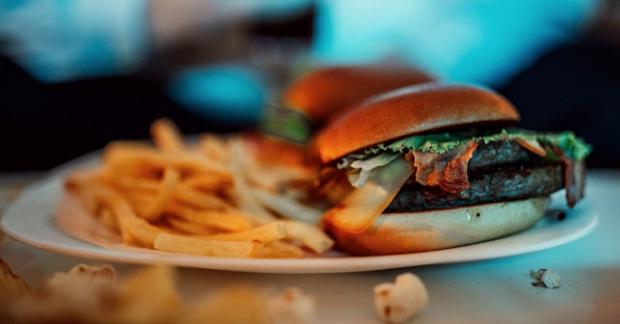
Breaking News
 US Lawmakers Shmooze with Zelensky at Munich Security Conference...
US Lawmakers Shmooze with Zelensky at Munich Security Conference...
 Scientists have plan to save the world by chopping down boreal forest...
Scientists have plan to save the world by chopping down boreal forest...
 New Coalition Aims To Ban Vaccine Mandates Across US
New Coalition Aims To Ban Vaccine Mandates Across US
Top Tech News
 New Spray-on Powder Instantly Seals Life-Threatening Wounds in Battle or During Disasters
New Spray-on Powder Instantly Seals Life-Threatening Wounds in Battle or During Disasters
 AI-enhanced stethoscope excels at listening to our hearts
AI-enhanced stethoscope excels at listening to our hearts
 Flame-treated sunscreen keeps the zinc but cuts the smeary white look
Flame-treated sunscreen keeps the zinc but cuts the smeary white look
 Display hub adds three more screens powered through single USB port
Display hub adds three more screens powered through single USB port
 We Finally Know How Fast The Tesla Semi Will Charge: Very, Very Fast
We Finally Know How Fast The Tesla Semi Will Charge: Very, Very Fast
 Drone-launching underwater drone hitches a ride on ship and sub hulls
Drone-launching underwater drone hitches a ride on ship and sub hulls
 Humanoid Robots Get "Brains" As Dual-Use Fears Mount
Humanoid Robots Get "Brains" As Dual-Use Fears Mount
 SpaceX Authorized to Increase High Speed Internet Download Speeds 5X Through 2026
SpaceX Authorized to Increase High Speed Internet Download Speeds 5X Through 2026
 Space AI is the Key to the Technological Singularity
Space AI is the Key to the Technological Singularity
 Velocitor X-1 eVTOL could be beating the traffic in just a year
Velocitor X-1 eVTOL could be beating the traffic in just a year
Discovery of mechanism that switches off fat production after eating

The research also found this regulatory mechanism is defective in obese mice and human patients with non-alcoholic fatty liver disease.
After we eat a meal our body gets down to serious metabolic business. One key process triggered by eating is called lipogenesis, which is when our liver begins converting food into fats for storage across the body.
Lipogenesis is stimulated by insulin, a well-known hormone released by the pancreas, and this particular metabolic pathway has been well-studied. However, it is still unknown exactly what happens a few hours after eating when the liver begins to slow fat production.
It had previously been hypothesized that lipogenesis eventually slows as insulin stimuli decreases in the hours after eating a meal. This new research suggests lipogenesis is not passively suppressed by decreasing insulin levels but instead it is actively repressed by a hormone released from the gut.
A team led by Jongsook Kim Kemper from the University of Illinois Urbana-Champaign found a gut hormone called FGF19 (or FGF15 in mice, hence the oft-used term FGF15/19) is produced in the hours after eating. FGF15/19 was seen to directly suppress the gene activity in the liver associated with lipogenesis.

 Going the Way of the Denarius
Going the Way of the Denarius

